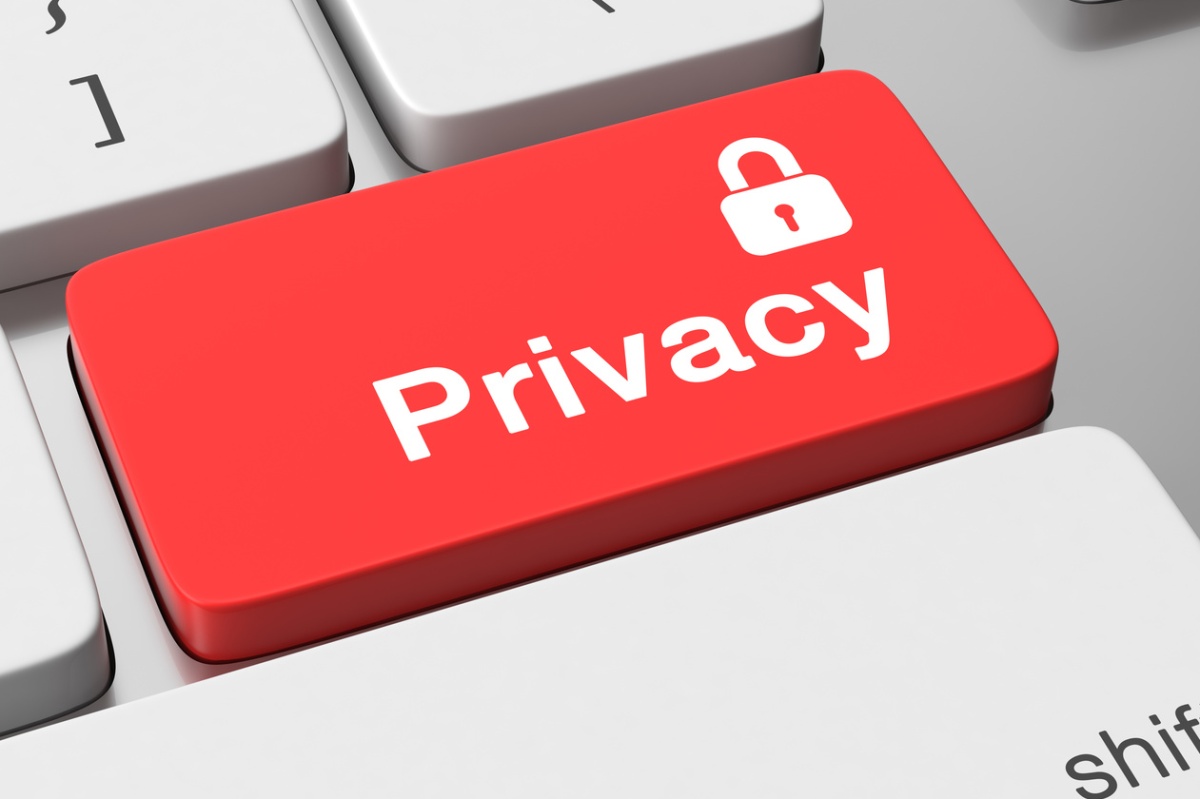Via Smart Cities World
Have you ever wondered how much private data can be accessed through your various online accounts? Or how do corporations utilise the information we provide? If you have, then we have a few important things for you to consider, especially if you have a significant online presence. So without further ado, let us debunk some misconceptions people have about online privacy while also giving you some much-needed information.
1- Myth: Camera Access
Those familiar with the Edward Snowden story (or have seen the movie starring Joseph Gordon-Levitt) know that this whistleblower drew the world’s attention to how governments and corporations violate privacy agreements to extract information from someone’s device if they’re deemed “dangerous” to national security.
To be clear, we’re not saying that you do have total privacy. According to many sources, your phone’s microphone is still being used, and text messages are also scanned. However, your device’s camera isn’t being used to film you. It’s not totally off-limits, of course, but when that happens, it falls under ‘hacking’, which comes with its own agenda. Even companies that sell your private data can’t access your camera without telling you so.
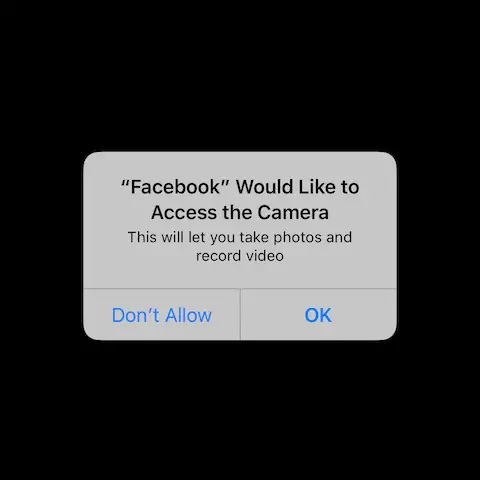
Via Telegraph
2- Fact: Personalised Ads
Who hasn’t found an odd ad on Facebook or Instagram of something that they were JUST talking about? Don’t answer this rhetorical question because we already know that this has probably happened to you too many times! Apparently, the “terms and conditions” agreement we so hastily agree to when creating a social media account legally allows these online platforms to scan our texts and access our microphones, which is how they get certain keywords for ads.
The purpose here is not to spy on you or send anyone (or any organisation) your information. It’s to give you a curated ad experience, bringing your attention to online shops or vendors that have things you might be interested in buying. Clever idea, but it’s still a little bit scary! Next time you talk about sushi to a friend and find that your online feeds are blowing up with sushi venue suggestions, you won’t be scared that you’re being watched.
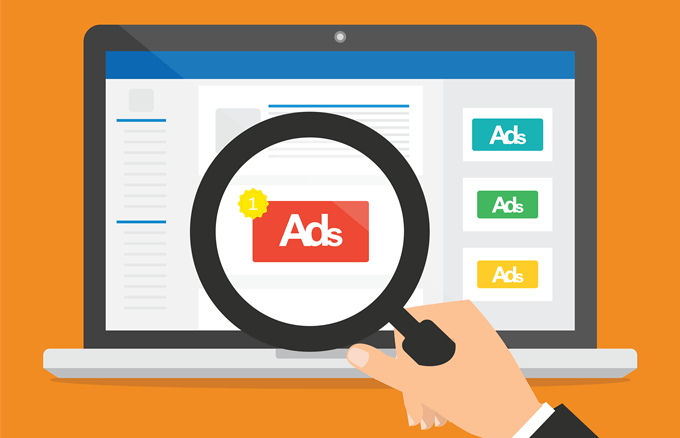
Via Computer Ya
3- Fact: Credit Card Information Leak
Online shopaholics, gather around because this one is for you! Whenever you shop online and choose to pay with your credit or debit card, make sure the website is secure. That can be checked through multiple ways, and it could save you a lot of trouble as your credit or debit card information will not be leaked.
All you have to do is make sure you’re giving your card information to a known and trusted source, like Amazon, PayPal, and Jumia, among others. We’re sure this needs explanation since unknown websites and pages pose the risk of leaking or selling your financial information and might even drain your account from its cash in one click! You can avoid this hassle altogether by paying cash on delivery (or using Fawry). Another thing you can do is make sure the website you’re shopping from has a URL that starts with ‘https’, not just ‘http’. Why? Because that means the website guarantees information security for its users
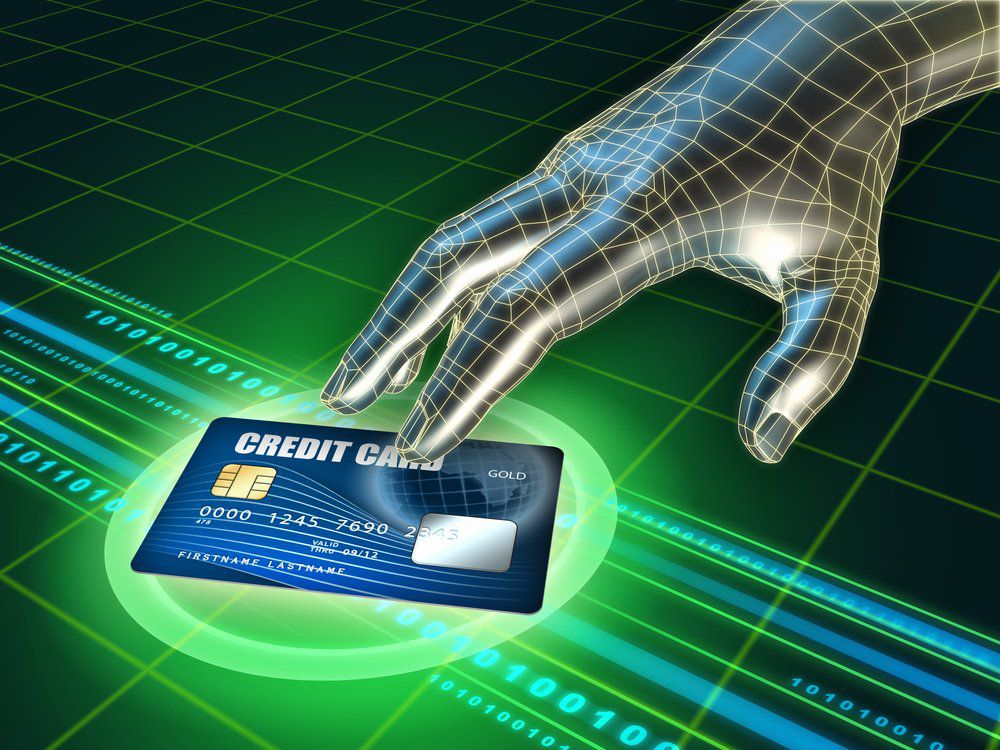
Via Investopedia
4- Myth: Using Personal Data Without Consent
We have provided everything online websites use from our personal data. We do so when we agree to their terms and conditions. No one can access or use any other information outside of what can be found on the platform. For instance, Facebook cannot access your data on TikTok; however, Facebook, WhatsApp and Instagram are now part of the same organisation, which means that our collective data on all three platforms is exchangeable.
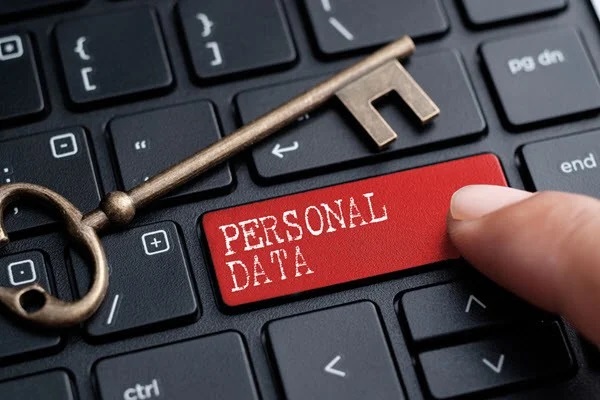
Via Global Legal Solutions
5- Myth: Access To Offline Photos and Media
Many people, especially women, fear that the photos and videos they have saved to the phone’s gallery can be accessed and hacked through one of their social media accounts. Although this is a valid concern with palpable consequences, ladies can rest assured as online platforms cannot access your offline data, unless you share it yourself. You’re always in total control of what you send to other people or post online (unless you’ve been hacked).


